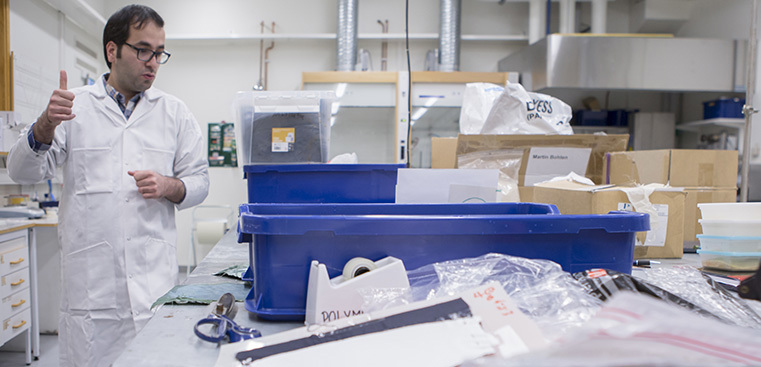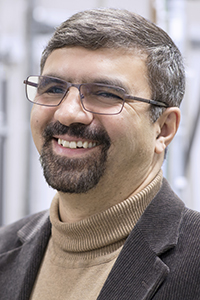Successful doctoral programme aims to be the best in the world
2020-01-30

The scientific director for this doctoral education programme is Professor Mohammad Taherzadeh. He says that this figure is comparable to the most prominent universities in Sweden. He believes that the successful concept that underlies his doctoral education programme consists of several factors: unique concepts, strong research groups, strong funding, and publishing and citation--these factors make the University of Borås attractive both nationally and internationally.
 "Each thesis has dealt with interesting concepts and they have yielded many interesting results, and several hundred publications, books, patents and also products that have been commercialised, as well as methods used by other researchers in the world," he says.
"Each thesis has dealt with interesting concepts and they have yielded many interesting results, and several hundred publications, books, patents and also products that have been commercialised, as well as methods used by other researchers in the world," he says.
In June, ten years will have passed since the university was given the rights to grant doctoral degrees in Resource Recovery. And the doctoral students that have been in the programme have tackled a large variety of research questions. The first doctoral student to defend her thesis was Solmaz Aslanzadeh in 2014. Her thesis was about how to increase efficiency in the degradation of materials that are difficult to break down.
"Resource Recovery is a research environment and research culture that has been established over time. We have many routines that are obvious to everyone today that we did not have in place ten years ago.”
"In addition, the environment became very interesting when we started to receive guest doctoral students and visiting researchers continuously from many countries that have come here to research in our environment together with our researchers and doctoral students," says Mohammad Taherzadeh.
The goal is to be the best in the world at developing knowledge and technology within Resource Recovery.
"We are now an important player in the world, but this is to be developed further in order for us to be the best, not only in Sweden, but also in the world. Resource Recovery is an important subject that deals with tackling acute environmental problems that must be addressed in sensible ways. There is great potential for the university in this area," he concludes.
Text: Anna Kjellsson
Photo: Suss Wilén
Translation: Eva Medin

